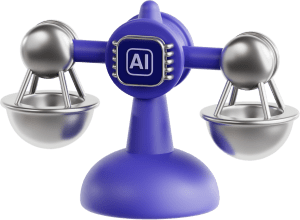Civil Litigation’s New Frontier: Predictability, Data and Trust in 2025
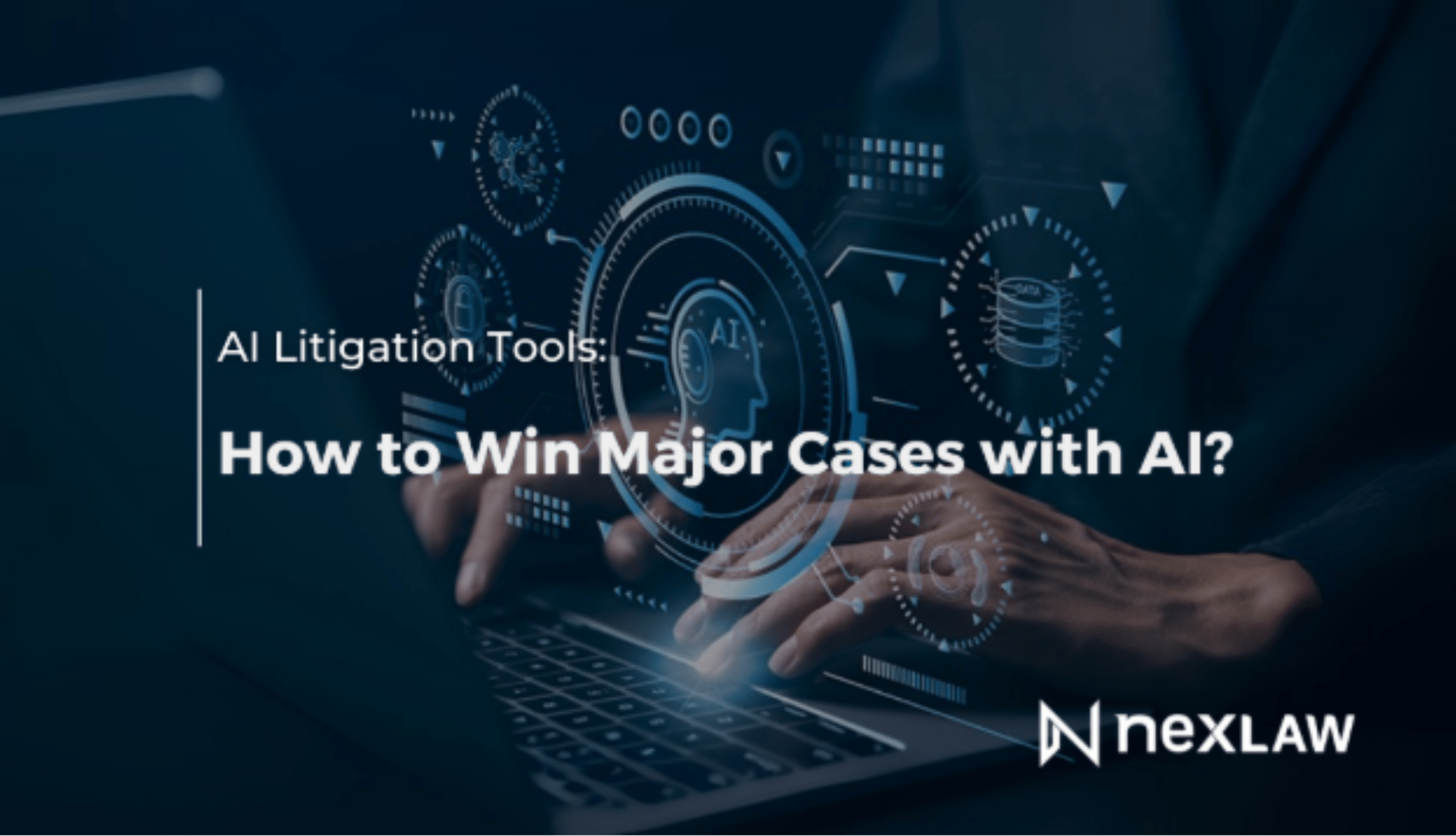
Related Posts
-
The Hybrid Future of International Commercial Disputes: Where Human Expertise Meets AI Efficiency with NexLaw.ai
-
The Global Courtroom: How International ODR and AI Are Revolutionizing Cross-Border Disputes
-
Minimizing Court Backlogs: The Preventative Power of AI in Early Dispute Resolution and Mediation
The Client Mandate: Precision Over Prediction
The Data Revolution: Unlocking the Story of Every Case
From Raw Data to Actionable Insights:
Building Trust Through Transparency: The New Client- Centric Model
Redefining Client Communication:
The Ethical Imperative: Navigating the Intersection of Tech and Professionalism
Civil Litigation's New Frontier: Predictability, Data and Trust in 2025
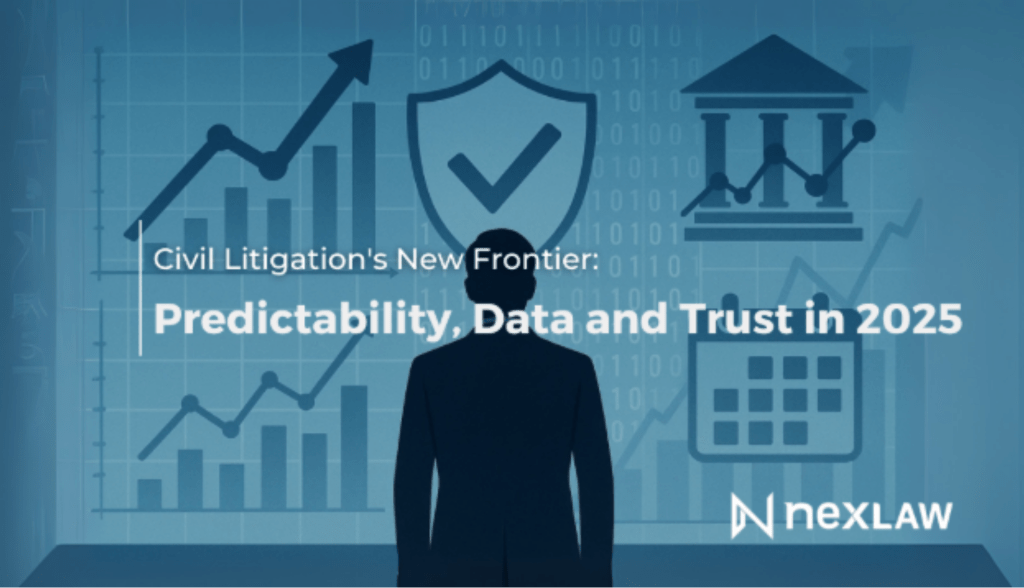
The landscape of civil litigation in the United States is undergoing a profound transformation. Beyond the traditional battles over facts and law, a new front has opened: the demand for predictability, data-driven strategy and unwavering trust from sophisticated corporate clients. This isn’t just about winning at trial; it’s about controlling costs, mitigating risks and providing clear, actionable insights throughout the entire dispute lifecycle. For U.S. trial lawyers and the firms they represent, adapting to this new frontier is not merely an option: it’s the defining challenge of 2025.
Historically, litigation has been viewed as an unpredictable, expensive and opaque process. Corporate General Counsel often felt they were writing blank checks with little visibility into potential outcomes or costs. This perception is rapidly shifting, driven by technological advancements and the increasing sophistication of legal operations departments. The legal tech revolution, particularly the integration of advanced analytics and automated workflows, is enabling a new era of data-informed decision-making.
The Client Mandate: Precision Over Prediction
Today’s corporate clients aren’t just looking for lawyers; they’re looking for strategic partners who can navigate uncertainty with precision. This demand for predictability is reshaping the very nature of engagement.
- A recent survey by the Corporate Legal Operations Consortium (CLOC) indicated that over 70% of corporate legal departments are now actively seeking Alternative Fee Arrangements (AFAs) that offer cost predictability and value-based billing, moving away from the traditional hourly model.
- This shift directly impacts how law firms must approach civil litigation. It requires a granular understanding of costs, probabilities and strategic pathways that extend far beyond simply estimating hours.
“Clients are no longer just asking ‘Can you win?'” notes a leading legal operations consultant. “They’re asking, ‘What’s the probability of winning? How much will it cost at each stage? What are our strategic off-ramps?” Firms that can answer those questions with data, not just intuition, are winning the biggest mandates.”

Get ahead of the curve with our free Guide to Starting Using Legal AI!
The Data Revolution: Unlocking the Story of Every Case
The ability to deliver predictability in civil litigation hinges entirely on the mastery of data. Every email, every contract, every past ruling and every procedural decision represents a data point. The challenge has always been to transform this massive, unstructured data into actionable intelligence. This is where modern litigation tech excels.
Consider the sheer volume: a typical mid-sized commercial dispute can involve millions of documents. Manually sifting through this deluge for patterns, connections or critical insights is simply no longer feasible. AI-powered platforms are designed to tackle this challenge, empowering lawyers to find the needle in the haystack and, more importantly, to understand the strategic implications of that needle.
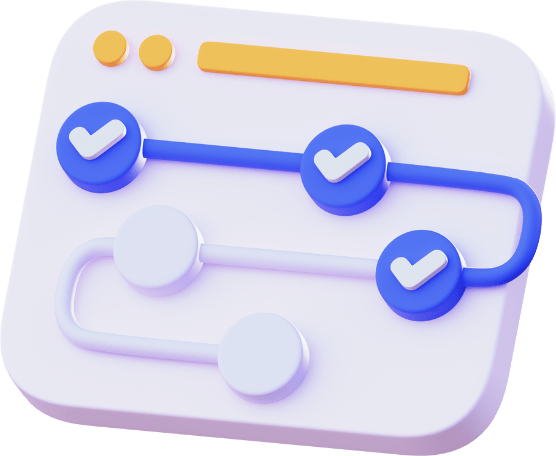
Create a Comprehensive Case Chronology:
The AI reviewed dozens of depositions and countless other records to build a detailed timeline of events. This chronology, described as “maybe a thousand lines,” was not submitted to the court but was crucial for McMullen in trial preparation, ensuring he hadn’t missed any critical details.

By rapidly sifting through evidence, the AI allowed McMullen to refine his filings, making his arguments sharper and more effective.
The result? The court found the government’s conduct to be “beyond the bounds” of what is “usually tolerated in a civilized community,” awarding the family a significant sum. For McMullen, AI wasn’t about churning through more cases; it was about “going deeper on the ones he has,” allowing him to use the time saved to engage in high-value activities like visiting his clients in Mexico. This is a powerful testament to AI’s role in delivering better outcomes and fostering stronger client relationships.
See NexLaw in Action
Start your free trial and kick off your legal AI journey with a personalized demo
*By submitting the form, you agree to the Terms of Service and Privacy Policy
From Raw Data to Actionable Insights:
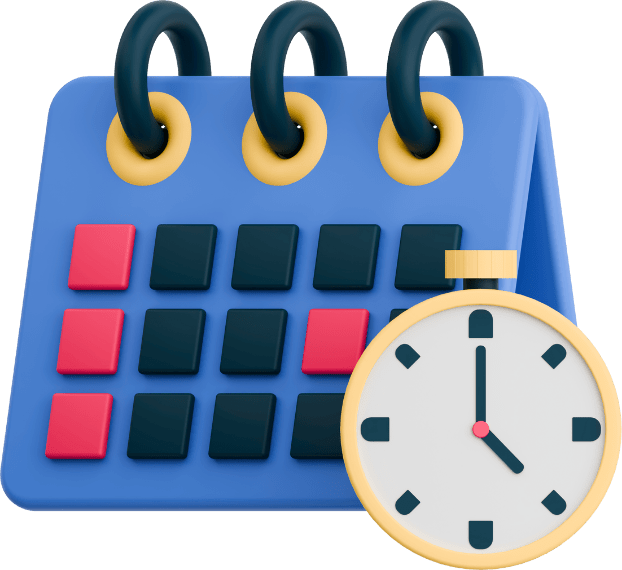
Automated Chronology Creation:
Imagine instantly transforming thousands of disparate documents into a clear timeline of key events. This level of chronological mastery is essential for understanding causation, damages and liability in any civil litigation matter.

Strategic Document Analysis:
Beyond simple keyword searches, advanced platforms use natural language processing to understand the context, sentiment and relationships within documents, surfacing critical insights that manual review often misses.
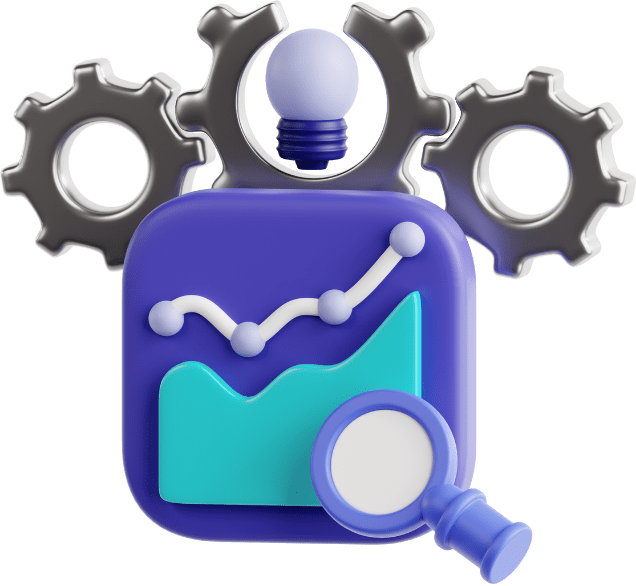
Predictive Analytics & Outcome Modeling:
By analyzing vast datasets of past case outcomes, these technologies can provide probability-based insights into how a case might be ruled, helping lawyers advise clients on settlement offers or develop stronger trial strategies.

Act now to transform your
practice and achieve your goals.
Building Trust Through Transparency:The New Client- Centric Model
The demand for predictability and data-driven insights directly fosters trust. When a client sees their law firm leveraging advanced litigation tech to provide clear, quantifiable assessments of their case, it builds confidence. This transparency is crucial for long-term client relationships.
“The best way to build trust is to provide transparency,” states a recent article on legal marketing trends. “Data-driven marketing content and interactive tools allow firms to demonstrate their expertise and build confidence with potential clients even before engagement.” This extends to the entire litigation process, where consistent, data-backed communication becomes a powerful differentiator.
Redefining Client Communication:
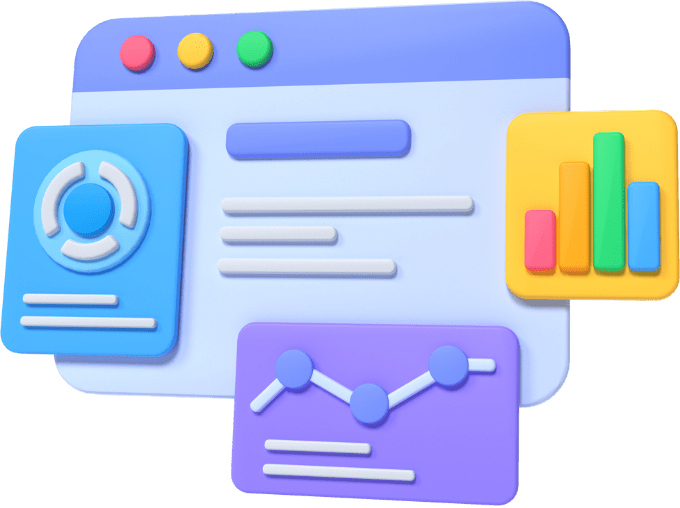
Real-time Case Dashboards:
Clients want access to real-time information about their cases. Modern litigation tech can provide secure, client-facing dashboards that offer updates on key milestones, budget tracking and strategic progress.
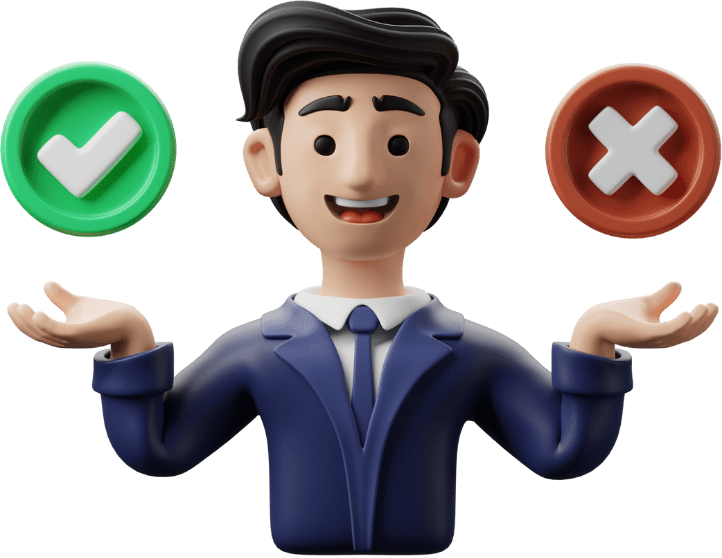
Data-Backed Strategy Sessions:
Move beyond simply discussing legal theories to presenting data-backed analyses of potential outcomes, risks, and strategic alternatives. This elevates the lawyer-client conversation to a higher, more collaborative level.
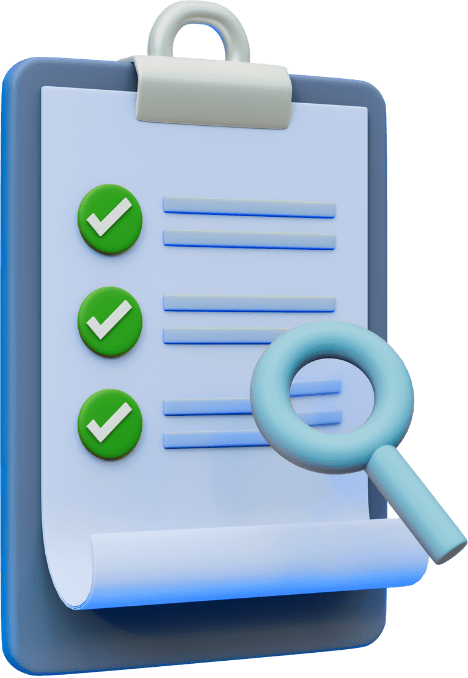
Value-Based Reporting:
Firms can use the data generated by their litigation tech to produce “Client Value Reports” that quantify the strategic impact, risks mitigated and efficiencies achieved, justifying fees in terms of value delivered rather than just hours billed.
The Ethical Imperative: Navigating the Intersection of Tech and Professionalism
As litigation tech becomes more sophisticated, so too ethical considerations. The legal profession, particularly in the U.S., has a rigorous framework of duties such as competence, confidentiality, candor to the court and supervision that applies directly to the use of AI.
- The American Bar Association (ABA) has emphasized that the duty of technological competence requires lawyers to understand the benefits and risks associated with technology relevant to their practice. This includes AI litigation tools.
- Data privacy and cybersecurity are paramount. With increasing cyber threats, regulations like GDPR and CCPA, and escalating penalties for breaches, firms must ensure any litigation tech they adopt adheres to the highest standards of data protection.
This means firms must select technology partners that prioritize security, provide transparent audit trails and enable human oversight at every critical juncture. The goal is to augment human judgment, not replace it, ensuring ethical integrity remains at the forefront of every strategic decision.

Get ahead of the curve with our free Guide to Starting Using Legal AI!
The Future of Civil Litigation is Now: Are You Equipped?
The transformation of civil litigation is well underway. Firms that embrace data-driven predictability, leverage cutting-edge litigation tech and build transparent, trust-based relationships with their clients will be the ones that thrive in 2025 and beyond. This is an era where strategy is informed by insight, efficiency is driven by automation and client satisfaction is a measurable outcome.
The question is no longer if your firm will adopt this technology, but when and how effectively it will be. The competitive landscape of U.S. civil litigation demands a proactive approach. It’s time to equip your practice with the tools necessary to meet the new frontier head-on.
Ready to transform your approach to civil litigation and meet the demands of today’s sophisticated clients?
Book a Personalized Demo to see how NexLaw AI’s integrated platform can bring predictability, data and trust to your firm’s practice.
Explore Our Plans and join the ranks of leading U.S. trial lawyers shaping the future of civil litigation.
Interested In Features Like This?
Receive complimentary access to our resources and a personalized live demo tailored to your needs.
